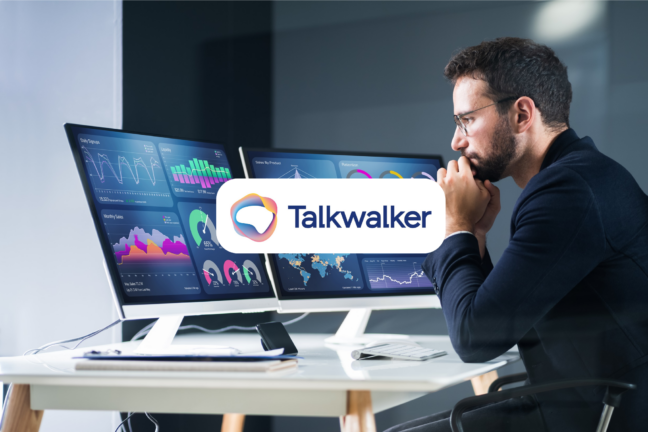Within the next three years, a significant majority of business leaders anticipate implementing generative AI to increase employee productivity (72%) and improve customer service (66%), revealed a survey by Insight. Additionally, around half of the respondents express their intention to leverage generative AI for research and development (53%) as well as software development and testing (50%).
“Generative AI has opened up amazing new possibilities to build companies, to grow companies, and to make companies more efficient and profitable. The pace of exploration and adoption of this technology is unprecedented. People are sitting in meeting rooms or virtual rooms discussing how generative AI can help them achieve near-term business goals while trying to stave off being disrupted by somebody else who is a faster, more efficient adopter,” said Matt Jackson, Global Chief Technology Officer, Insight.
The survey, commissioned by Insight and conducted by The Harris Poll, targeted directors and higher-level professionals, aiming to gather their perspectives and exploration of generative AI technologies. The goal was to understand how these professionals are considering and approaching the adoption of generative AI in their organizations.
50% of professionals express worry about generative AI implementation
According to the survey, 81% of professionals stated that their companies have already established or implemented policies/strategies related to generative AI or they are currently in the process of doing so.
Moreover, a majority (90%) of the professionals believe that the adoption of generative AI will impact specific roles within their companies. Among the roles identified, data analysts/data scientists (44%) were considered to be the most affected by the adoption of generative AI. Following closely were software developers (37%), software testers (37%), and professionals in financial operations (32%) and communications (30%).
Approximately half of the respondents expressed concerns about its implementation within their organizations. The primary concerns identified were related to quality and control (51%) and safety and security risks (49%). Other concerns included limiting human innovation (39%), budgetary constraints (38%), and ensuring legal and regulatory compliance (35%). Additionally, 38% of professionals were concerned about the potential for human error due to a lack of understanding or accidental breaches of their organization's data.
Another concern among professionals was the possibility of workforce displacement, with 26% of respondents expressing worry about this aspect of implementing generative AI technologies.
Similarly, Insight has recently released a survey that revealed that global business leaders acknowledge the necessity of investing in digital transformation.“Some of the most pressing questions involve generative AI’s impact on employees. We are asking ourselves: How do we collaborate with it? How will it change our jobs? Will it replace us? These questions are valid, but the power of generative AI is its ability to augment, not replace, human intelligence. History tells us if you give people the right tools, they become more productive and discover new ways to work to their benefit. Embracing this technology gives employees an unprecedented opportunity to evolve and elevate how they work and, for some, even discover new career paths,” said Jackson.










